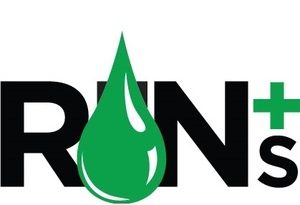House passes bill that includes COVID-19 relief for biofuels
Energy Disrupter
ADVERTISEMENT
The U.S. House of Representatives on Oct. 1 passed an updated version of the Heroes Act by a vote f 214 to 207. The $2.2 billion COVID-19 stimulus package includes direct support for certain processed commodities, including biofuels.
Within 2,153-page bill is Sec. 305 of Title III—Specialty Crops and Other Commodities, which includes the Renewable Fuel Reimbursement Program. Under the provision, the USDA would make payments to eligible entities that experienced unexpected market losses as a result of the COVID-19 pandemic during a period starting Jan. 1, 2020 and ending May 1, 2020. Eligible entities include domestic entities or facilities that produced qualified fuel during calendar year 2019. Qualified fuels included advanced biofuel, biomass-based diesel, cellulosic biofuel, conventional biofuel or renewable as defined under the Renewable Fuel Standard. The bill authorizes a 45-cent-per-gallon payment for qualified fuel produced by an eligible entity from Jan. 1 through May 1.
The Renewable Fuels Association has spoken out to applaud the movement toward COVID-19 relief for ethanol producers. “We were pleased to see the House once again prioritize assistance for the renewable fuels industry as part of its economic relief package,” said Geoff Cooper, president and CEO of the RFA. “The Renewable Fuel Reimbursement Program included in the original HEROES ACT, and now part of the new legislation, represents a potential lifeline for the 350,000 men and women whose jobs depend on a healthy and vibrant ethanol industry. We greatly appreciate the efforts and leadership of all those in the House who understand that rural communities across the nation depend on the renewable fuels industry for job creation, economic vitality, and new market opportunities for farmers.”
“Just recently, a study by university economists found that ethanol producers will experience roughly $8 billion in losses this year due to the pandemic’s impact on world fuel markets,” he continued. “While market conditions have improved since the spring, the ethanol industry is still struggling to fully recover from the pandemic, and ethanol producers across the country remain under financial stress.”
Additional information on the bill is available on the House Committee on Appropriations website.
















